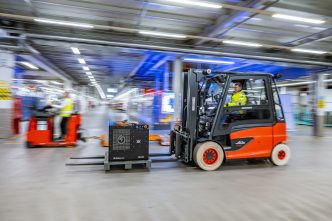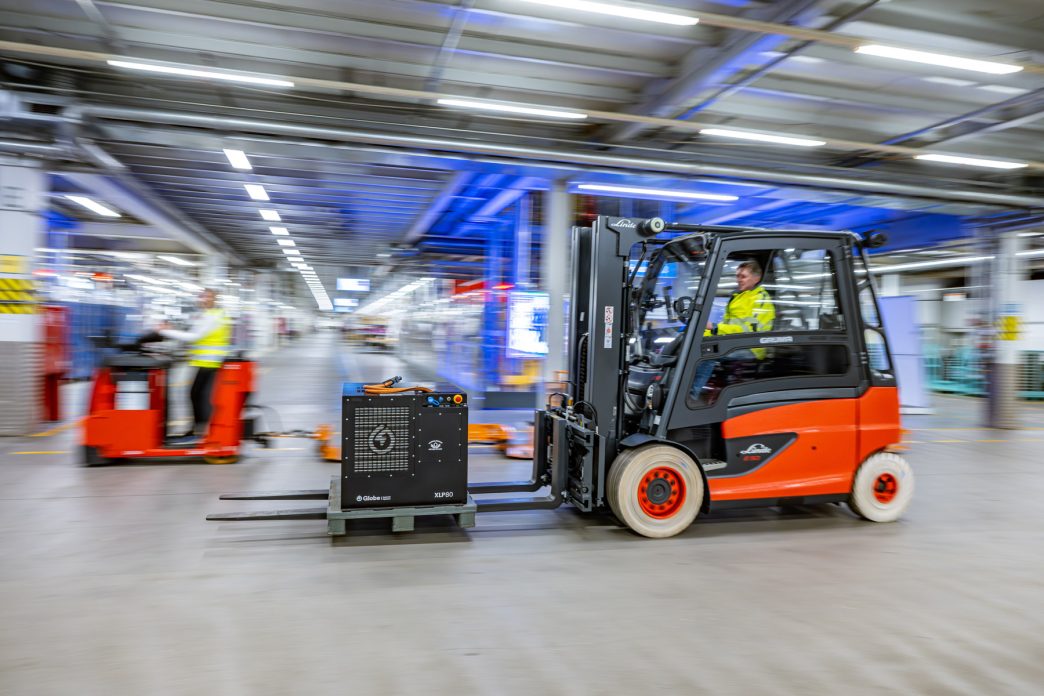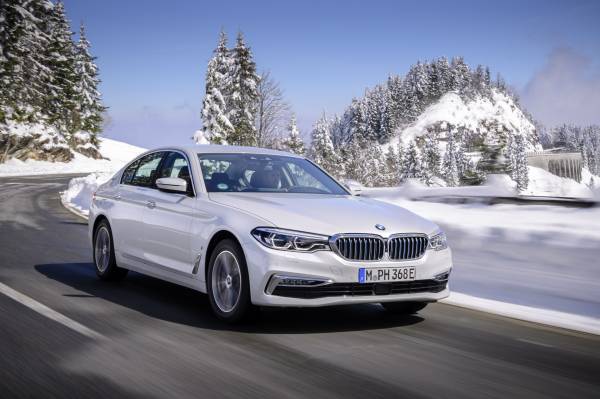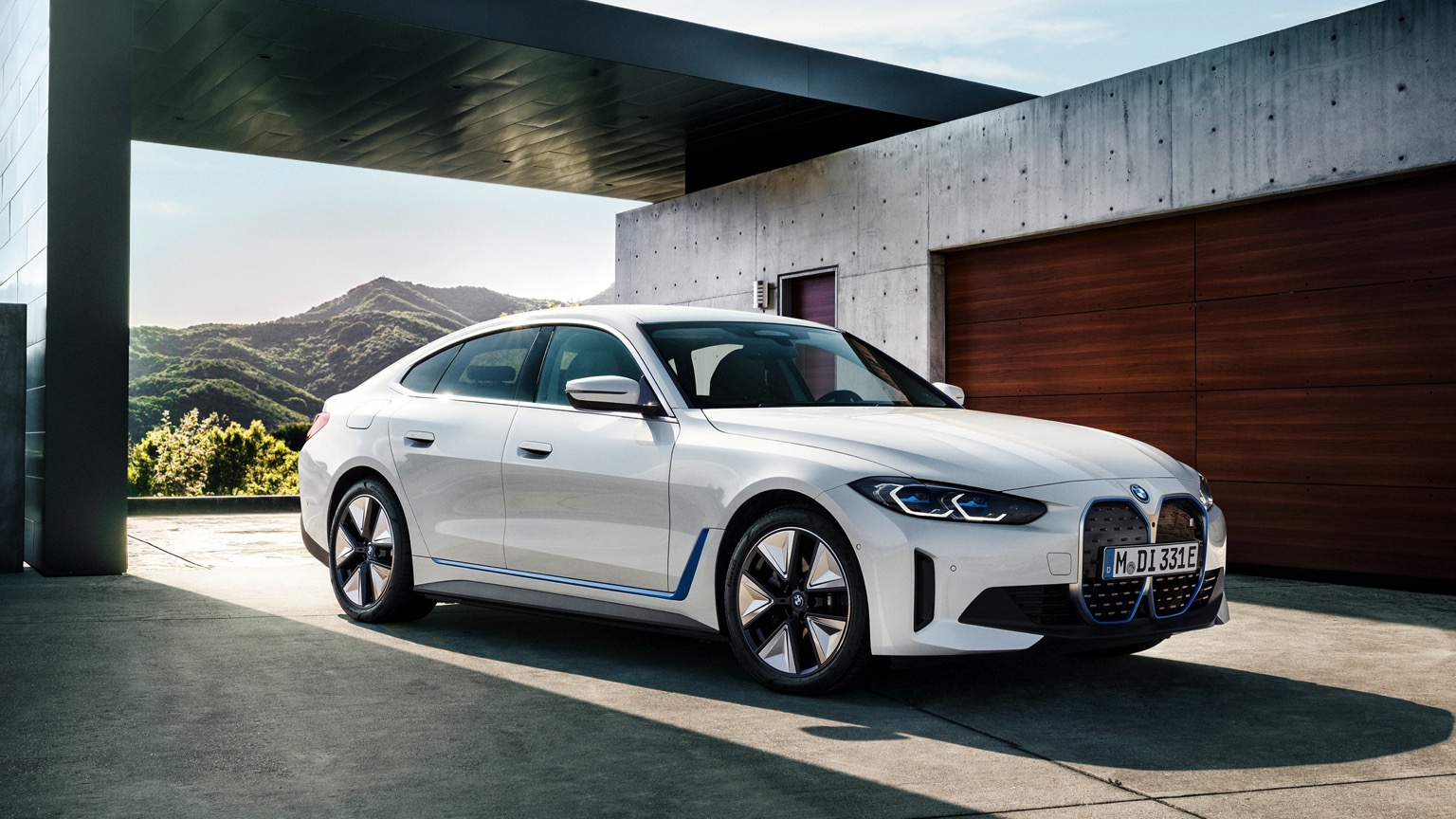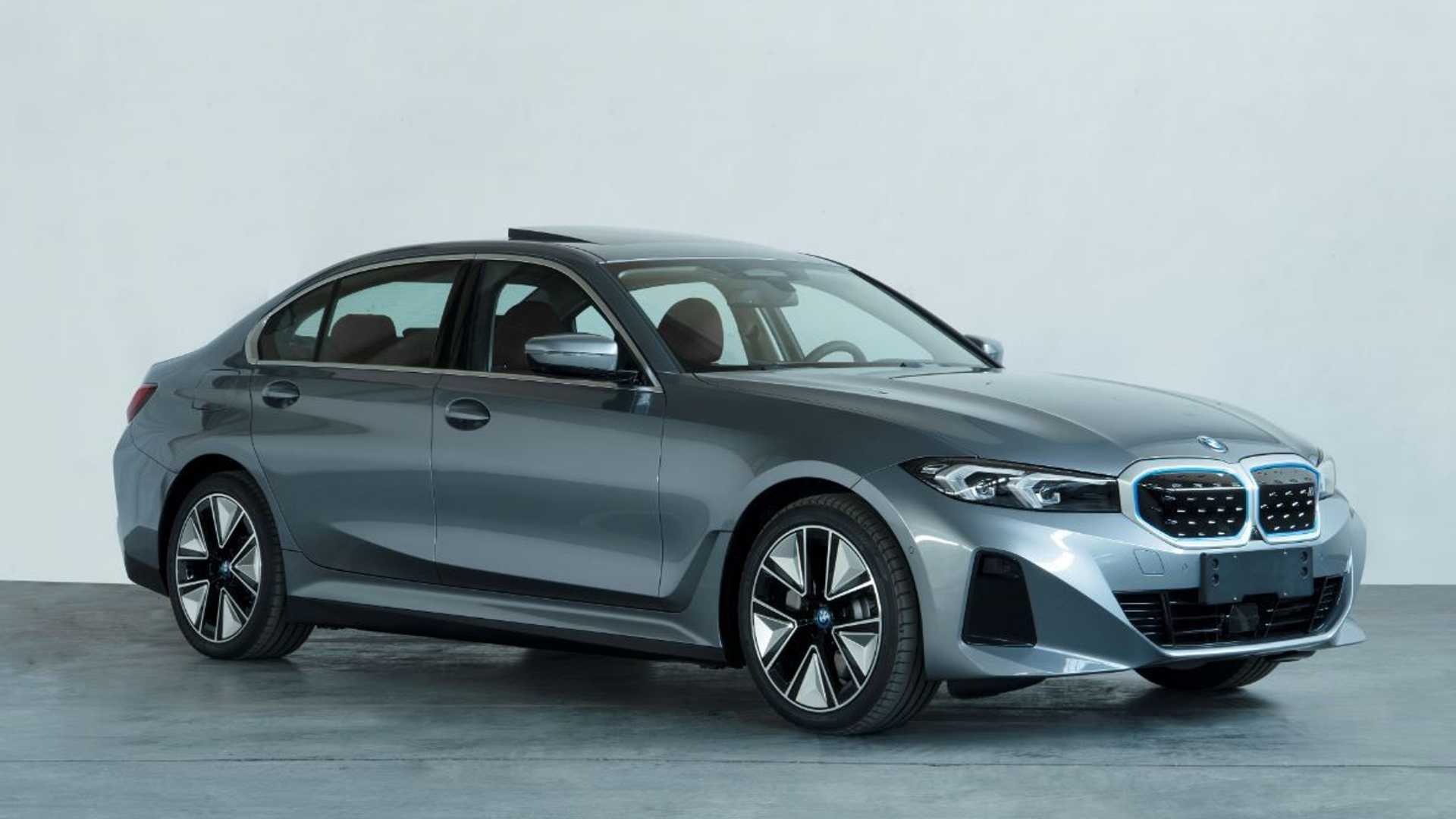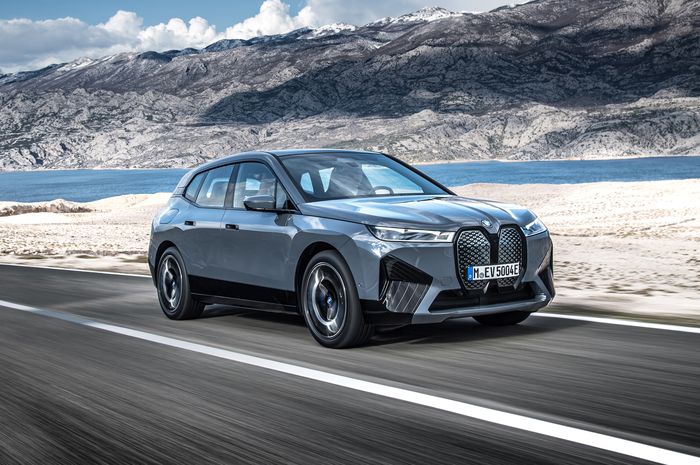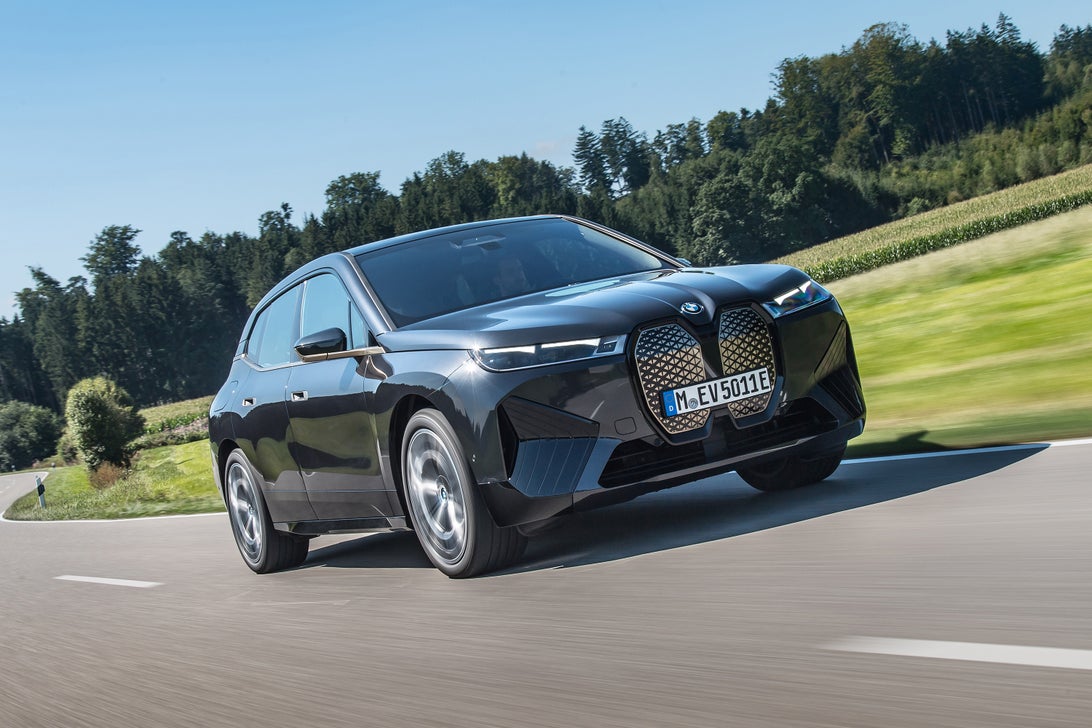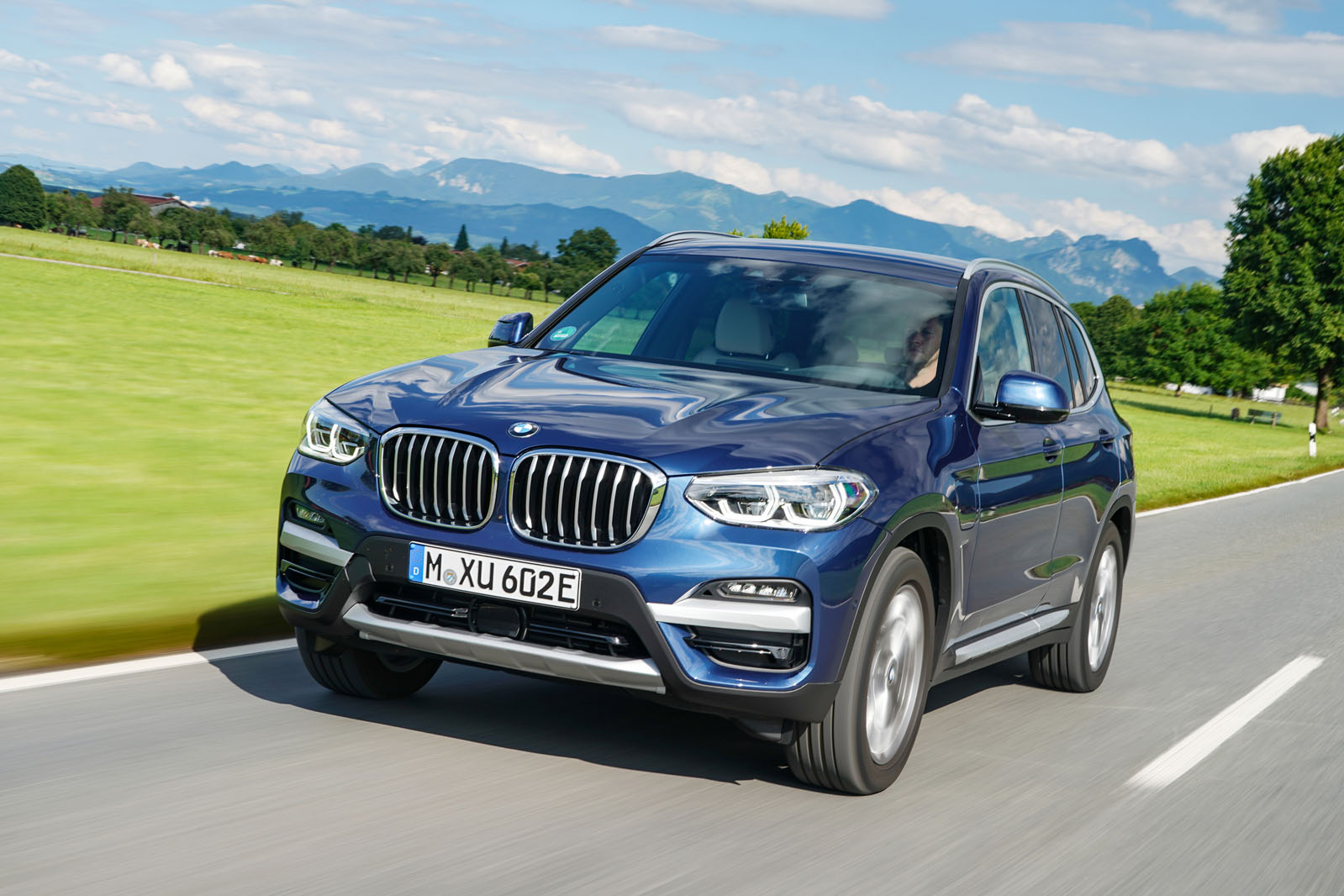BMW has announced plans to shift production logistics at its Regensburg plant in Germany from battery-powered to hydrogen-powered operations. By 2026, hydrogen-powered tugger trains and forklift trucks will begin handling transport and logistics tasks across key production areas, including the press shop, body construction, and vehicle assembly. The complete conversion is slated for 2030.
Currently, the Regensburg plant operates a fully electric logistics fleet with approximately 230 tugger trains and forklifts. These require frequent battery changes, with each change taking around 15 minutes and necessitating significant workspace. Switching to hydrogen is expected to streamline processes and save space. BMW plans to construct a two-kilometre pipeline network and six decentralized hydrogen refuelling stations on-site by 2026, ensuring efficient fuel distribution within the plant.
Katharina Radtke, BMW’s project manager, highlighted hydrogen’s advantages, stating, “The advantage of hydrogen is that refuelling is very fast – just like with conventional fuels.” She added that the shift will optimize logistics and diversify the plant’s energy mix. The plant is projected to consume 175 tonnes of hydrogen annually once the transition is complete.
The Regensburg facility, capable of producing up to 1,400 vehicles daily, currently manufactures combustion engine, plug-in hybrid, and battery-electric models, including the iX1 and iX2. It is also preparing for the production of BMW’s Neue Klasse electric vehicles, emphasizing its role in the company’s evolving electrification and sustainability strategy.

